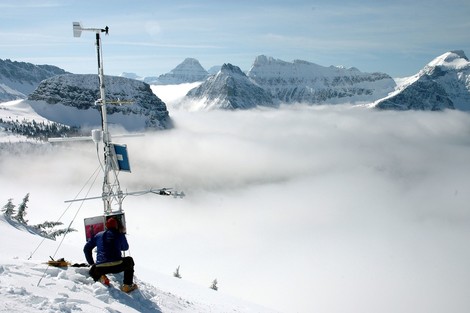Your podcast discovery platform
Curious minds select the most fascinating podcasts from around the world. Discover hand-piqd audio recommendations on your favorite topics.

piqer for: Global finds Technology and society Globalization and politics
Elvia Wilk is a writer and editor living in New York and Berlin, covering art, architecture, urbanism, and technology. She contributes to publications like Frieze, Artforum, e-flux, die Zeit, the Architectural Review, and Metropolis. She's currently a contributing editor at e-flux Journal and Rhizome.
What Happens To Science When Fieldwork Goes Virtual?
My godfather, who is an anthropologist, recently told me that he’s nearly stopped doing traditional fieldwork. He spent most of his career traveling, talking to people all day, scheduling interviews, thumbing through archives. But these days, he told me, he mainly watches movies. There’s a lifetime of human behavior to study there—why leave the couch?
In a provocative and poetic essay for the Technospheres publication project, science historian and excellent writer Etienne Benson describes a broader shift in the practice of fieldwork across professions due to technological advances. It’s not that the “field” no longer exists, he says, but that it’s changed with the advent of remote sensing technologies and digital databases: the field “becomes digital, distant, distributed, discontinuous”.
The time may be approaching when scientists will no longer go out into the field in order to collect data, but instead solely to install the devices that will collect it for them.
So what does it mean for fieldwork to become disembodied? Is really disembodied at all, or just less dramatic, less harrowing, less adventurous-sounding? One thing we can be certain of is that it's had an impact on the kind of research being done: not just how researchers look for things, but what they look for, and how they implicate themselves in their own quests for knowledge.
The stories may be rather humdrum, the adventure somewhat muted, but the science goes on.
